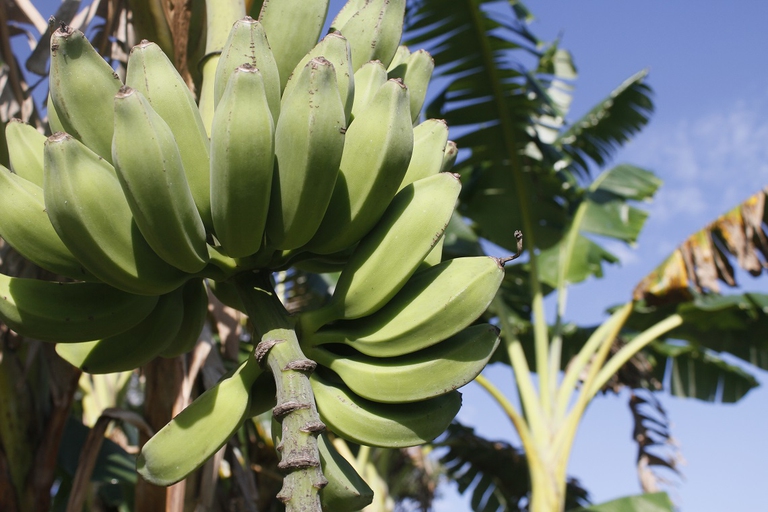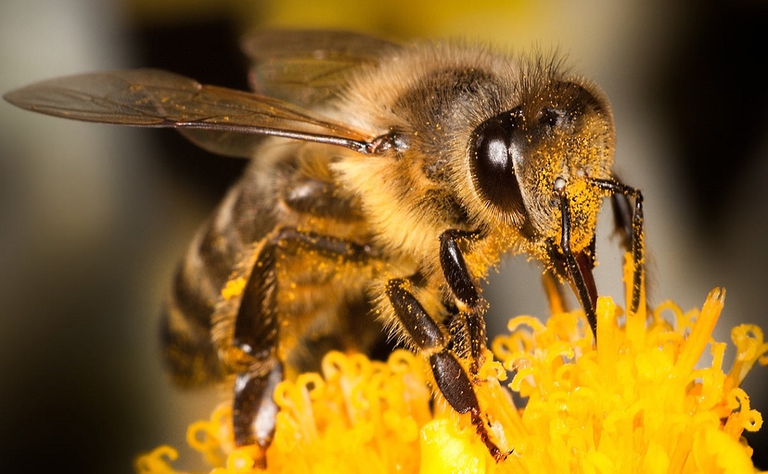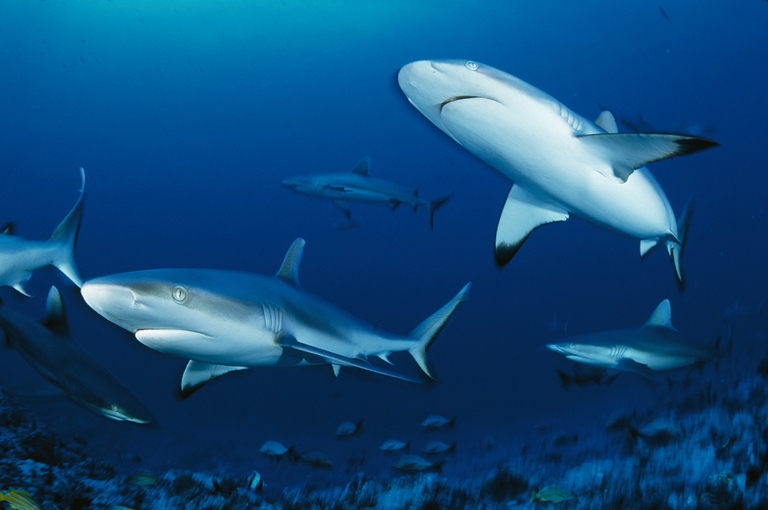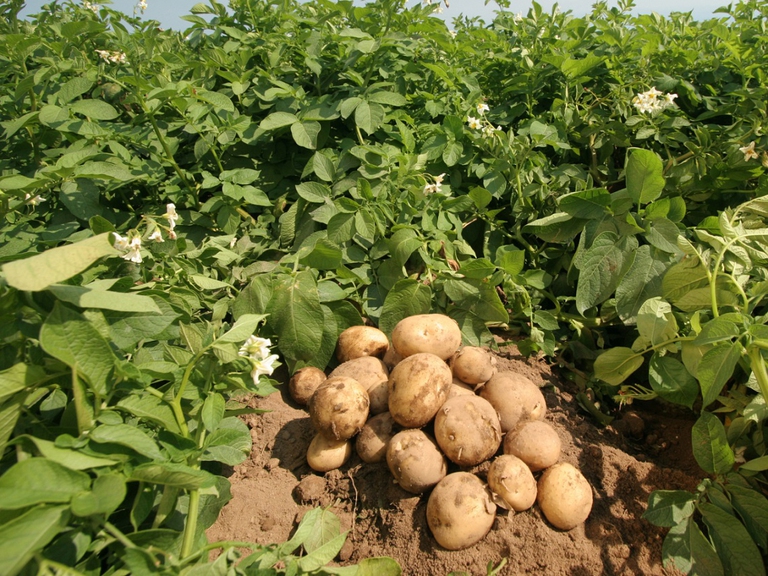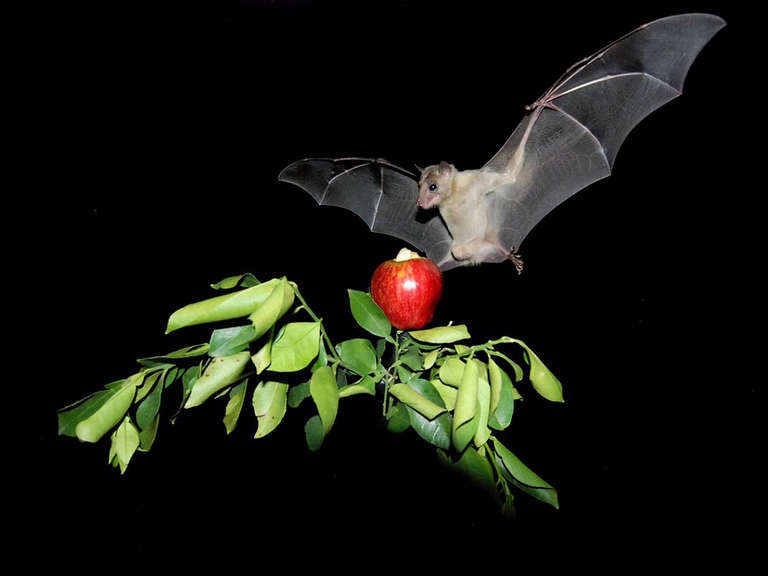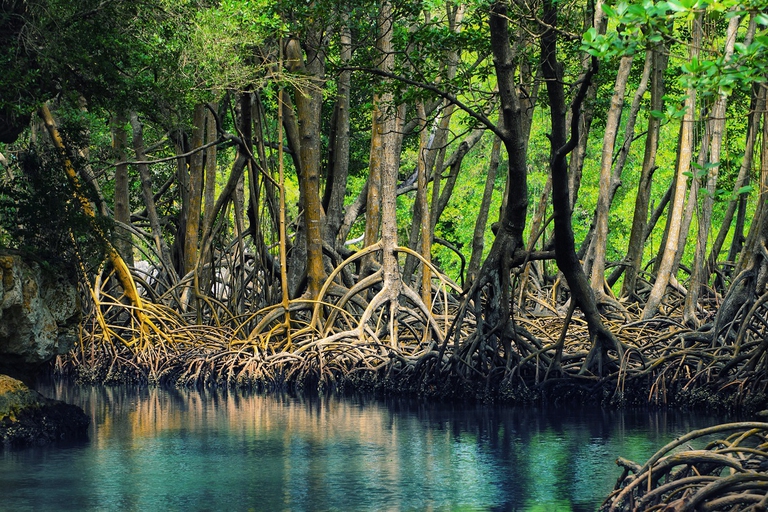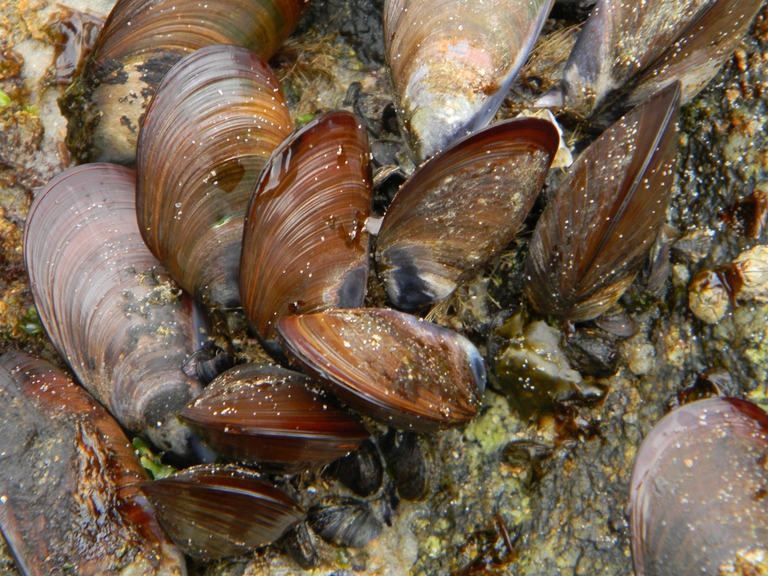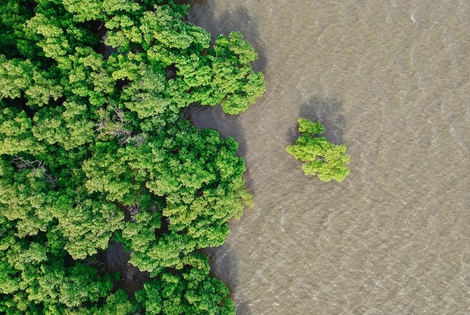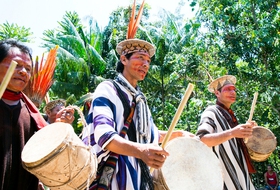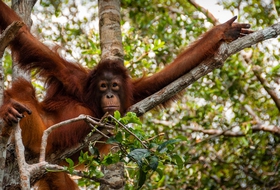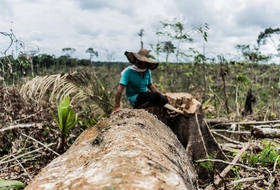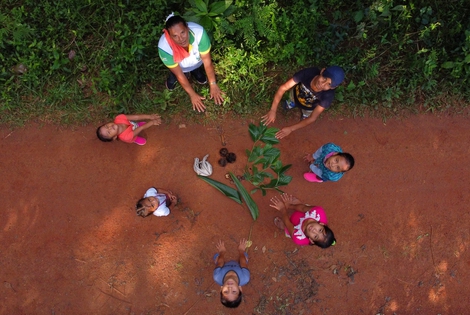
The Amazon became an alternative classroom during the pandemic. Now, the educational forest in Batraja, Bolivia, lives on to teach children and adults the value of nature.
La sopravvivenza della nostra specie è legata a quella di piante e animali che rischiano di scomparire a causa del nostro impatto. Ecco quelle da proteggere a tutti i costi.
Most of human diet is characterised by man-grown plants and domesticated animals, yet numerous wild species, both vegetable and animal, are crucial for the planet’s food security. According to WWF, the current wild species extinction rate is due to man-related activities, and it is 1,000 times higher than natural extinction rate. This phenomenon, alongside depleting the planet, jeopardises man’s survival that is strictly linked to that of biodiversity. Particularly, there are 7 species to be protected by any means in order to feed the planet.
Banana is considered to be the world’s most known fruit, cultivated by over 400 million people. However, a recent strain of fungal plant pathogen (Fusarium oxysporum cubense) is decimating the crops of Cavendish banana, the world’s most cultivated species. Several Asian wild bananas turned out to be resistant to the parasite and researchers are now testing the graft of their genes in the Cavendish. However, the relentless deforestation carried out in South East Asia is threatening the survival of such species, and they could disappear before we understand their real importance.
Pollinators, i.e. animals helping flowers expand their ranges and reproduce, are responsible for one third of the food we eat. Their rapid decline, due to pesticides and habitat loss, is putting at risk the survival of many agricultural varieties. Without bees, crops like almonds, apples, and avocados would disappear, resulting in an increase in global malnutrition.
Every year, about 100 million sharks are killed, many of them hunted only for their fins, which are considered a delicacy despite their low nutritional value. Shark disappearance would have disastrous effects. Being at the top of the food chain, they play a fundamental role in regulating fish populations, which fishery represents the main source of proteins to 1 billion people.
Potatoes are a basic food spread all over the world. However, the low genetic diversity and the prevalence of just few varieties make these tubers vulnerable to diseases. In order to guarantee the survival of such crops it is essential protecting wild varieties (South America is home to more than 4,000) and their habitats.
Like bees and birds, bats are essential pollinators. These winged mammals ease the reproduction of wild banana trees in South East Asia and large baobabs in Africa. They also carry out ecosystem services such as seed dispersing and parasite reduction. In the United States alone, according to scientists, bats worth over 3.7 billion dollars per year, reducing crop damages and the need of pesticides.
Mangrove forests are important shelters to small fish of coral reefs. Underwater roots protect young fish from predators until they are old enough to look after themselves. Mangroves also provide habitats to different molluscs and are an essential source of food for many coastal communities. Despite their countless services, mangroves are relentlessly cut down for timber and to make space to shrimp farming.
Bivalves are a class of molluscs including species like mussels, oysters, and clams. Thousands of bivalve species can be found in marine and freshwater environments, from the Arctic Ocean to great lakes. These animals play an essential role. They filter pollutants in waters, creating healthier environments for other species, on which man feeds.
Siamo anche su WhatsApp. Segui il canale ufficiale LifeGate per restare aggiornata, aggiornato sulle ultime notizie e sulle nostre attività.
![]()
Quest'opera è distribuita con Licenza Creative Commons Attribuzione - Non commerciale - Non opere derivate 4.0 Internazionale.
The Amazon became an alternative classroom during the pandemic. Now, the educational forest in Batraja, Bolivia, lives on to teach children and adults the value of nature.
Our species took its first steps in a world covered in trees. Today, forests offer us sustenance, shelter, and clean the air that we breathe.
Bangladesh suffered widespread damage as a result of Cyclone Amphan. Yet the Sundarbans mangrove forest acted as a natural barrier protecting the country from further destruction, as it has done countless times before.
On top of a 2.4 million dollar compensation, the indigenous Ashaninka people will receive an official apology from the companies who deforested their lands in the 1980s.
The tapir was reintroduced into Brazil’s Atlantic Forest, the country’s most at-risk ecosystem. The species can play a key role in the forest’s recovery.
Forests are home to 80 per cent of the world’s terrestrial biodiversity. This year’s International Day of Forests highlights the urgent changes needed to save them.
After a legal battle that lasted two years, Indonesia’s Supreme Court has revoked the permit to mine for coal in the forests of South Kalimantan in Borneo.
The list of human and animal victims of the Australia wildfires keeps growing – one species might already have gone extinct – as the smoke even reaches South America.
Areas where the FARC guerrilla used to hold power in Colombia have faced record deforestation. Farmers cut down trees, burn land and plant grass for cows. Because, “what else can we do for a living here in the Colombian Amazon”? An intimate report from the heart of the felled forest in Caquetá.
